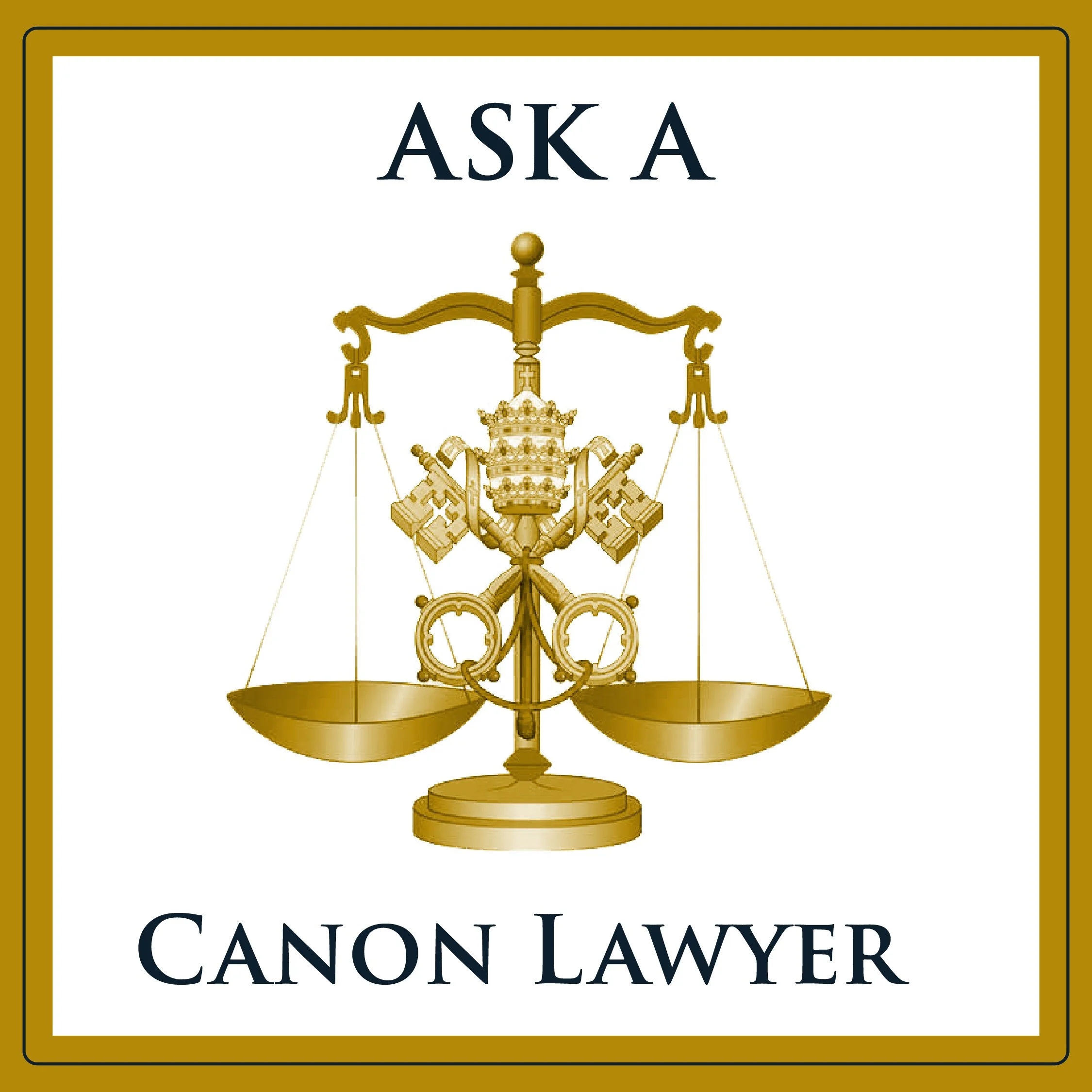by Fr. Mark Steffl, STL, JCL
In the Code of Canon Law that governs the Universal Church, there are 20 different canons that define and regulate secular institutes.
In the Church, there are different forms of “consecrated life” by which members of different communities (referred to as “Institutes” in Church legal terms) bind themselves to the Church and their superiors in fulfilling different parts of the Church’s mission. Some of these institutes are more numerous or better known than others depending on where the institute’s members are located and when it was founded or established in Church law. Institutes vary as well regarding what type of vows or promises that members make in being integrated into the institute.
As a form of consecrated life in the Church, secular institutes are a more recent development, coming into being in the Church in the early to mid-Twentieth Century (which, in the Church that measures time in centuries, means “new”).
These two canons from the Code of Canon Law illustrate the Church’s definition of secular institutes, specifically what makes them “secular” in nature compared to other forms of consecrated life.
Canon 710 A secular institute is an institute of consecrated life in which the Christian faithful, living in the world, strive for the perfection of charity and seek to contribute to the sanctification of the world, especially from within.
Canon 713 §1. Members of these institutes express and exercise their own consecration in apostolic activity, and like leaven they strive to imbue all things with the spirit of the gospel for the strengthening and growth of the Body of Christ.
§2. In the world and from the world, lay members participate in the evangelizing function of the Church whether through the witness of a Christian life and of fidelity toward their own consecration, or through the assistance they offer to order temporal things according to God and to inform the world by the power of the gospel. They also cooperate in the service of the ecclesial community according to their own secular way of life.
§3. Through the witness of consecrated life especially in the presbyterium, clerical members help their brothers by a particular apostolic charity, and by their sacred ministry among the people of God they bring about the sanctification of the world.
In canon 710, a member of a secular institute is described as a person who consecrates his/her life, which means making public promises or vows relating to the evangelical counsels of poverty, chastity and obedience as they apply to that specific “charism” or character of the particular secular institute, but in a way that “contributes to the “sanctification of the world, especially from within.” This “sanctification from within” is in contrast to other forms of consecrated life that involve, in a certain sense, leaving the “world” such as living in a monastic enclosure.
In canon 713 §1, a secular institute exercises “apostolic activity” meaning that its members have an apostolate that is exercised in the midst of the secular world, and not separate from it.
In canon 713 §2, “members participate in the evangelizing function of the Church whether through the witness of a Christian life and of fidelity toward their own consecration” meaning that whatever apostolate or work that a member of a secular institute does, that member brings or adds to it the particular witness of a Christian disciple and member of the Church.
And finally, in canon 713 §3, there is an allowance that “secular priests” (i.e., diocesan priests who are not members of a religious institute) can also be members of a secular institute.
Since secular institutes are rather new in the history of the Church, they are not very widely known or great in number. We do have an example right here in the Diocese of New Ulm in the Schoenstatt Sisters of Mary. This secular institute has a house in Sleepy Eye, where they have a retreat house and do apostolic work; at times in their history they have also had or continue to have members who teach, work as nurses, and do other work in the diocese.

